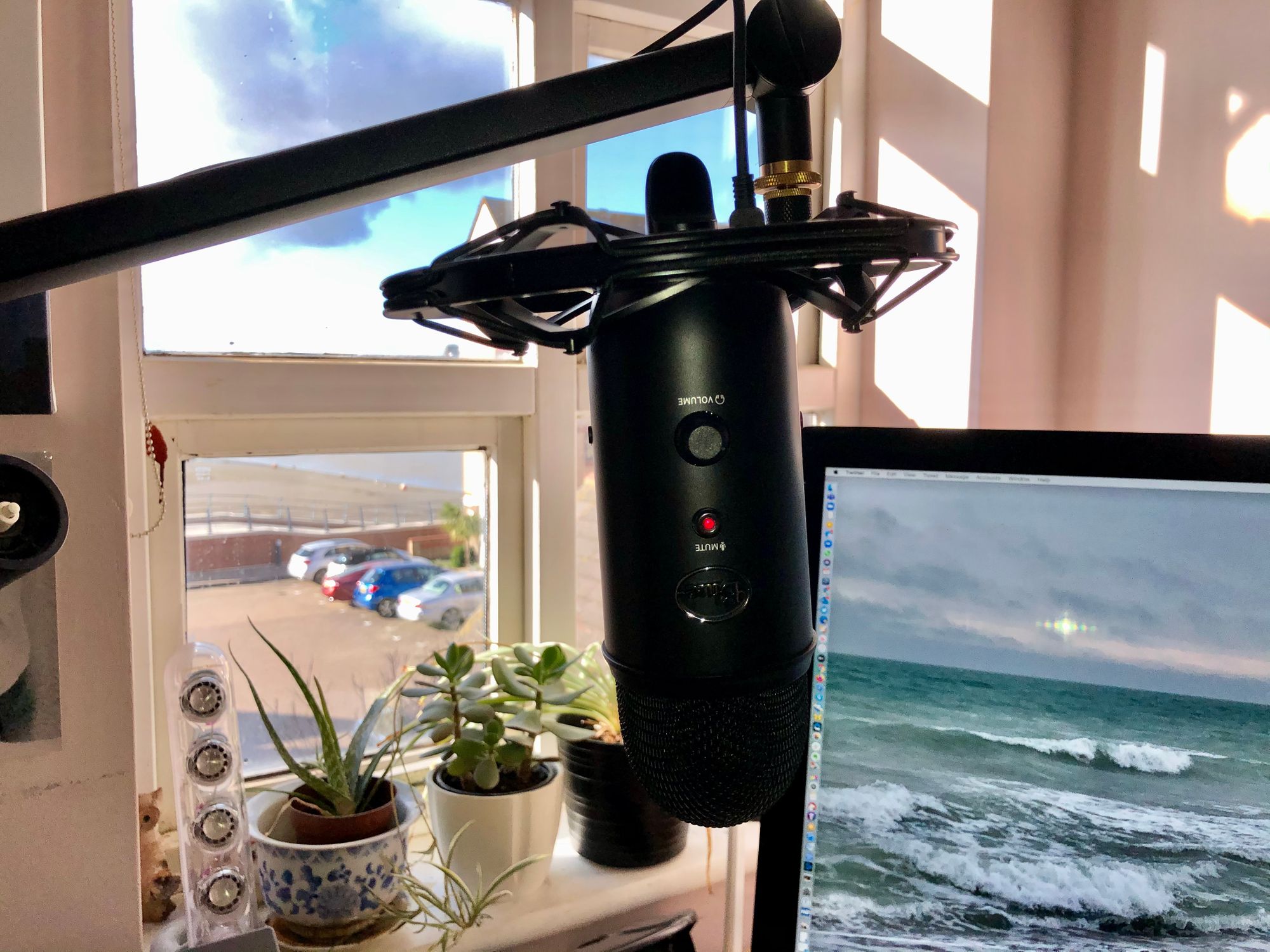LeWeb : Cities are platforms for sharing
Is sharing a product of the urban environment? That was the message emerging from pre-lunch session at LeWeb London today. Lisa Gansky took to the stage to argue that the city is a platform we can build upon.
75% of people will live in cities by 2050, she suggested, and that’s equivalent to the whole population of the world right now. That density of people makes sharing sexier. The result? Cities are platforms.
The Urban Platform
Like platforms, cities are open. To make the most of this, identify the excess capacity of the city around you. Things we thought were too small to be interesting are now an opportunity. 3Space in the UK opens up space that is available temporarily. It’s a charity that works with property owners to offer space to organisations working for the public good for free – but for short periods. 3Space Blackfriars is a great example, Gansky suggests. 3 months in a space here, 6 months in another property there can create things in the cracks which are valuable.
She presented various facts to back this up – increasing numbers of people looking to use more shared services or borrowed objects suggests that disownership is becoming the new norm. And, of course, the internet is facilitating this. The mobile is a remote control for a new city when you arrive, she suggests – and also for finding shared services in the city where you dwell.
Unused value is waste, she argued. Idle objects are a form of waste. Equally, unused capacity is a form of waste. For example: manufacturing capacity. Can that be freed up to facilitate building prototypes of new products? And there’s power in physical waste – a ton of mobile phones will yield more gold than a ton of gold ore.
The Urban Privacy Problem

Julien Smith followed Gansky onto the stage to launch a product which illustrates the positive and negative aspects of urban density. One of the problems, he suggested, is that we lack private space. We’re not used to sharing. Many urban homes are tight for space. If you’re a visitor, you choices are your hotel room or a grabbed table in Starbucks. But there’s plenty of under-utilised space in a city. Could an app on your phone unlock space in the city for you?
He thinks so – and he’s launched it. It’s called Breather. And it’s funded to the tune of $1.5m.
When urban density, inefficient use and the internet meet, there’s an opportunity to make every more efficient – and life more pleasant. Intruiging.
Sign up for e-mail updates
Join the newsletter to receive the latest posts in your inbox.











